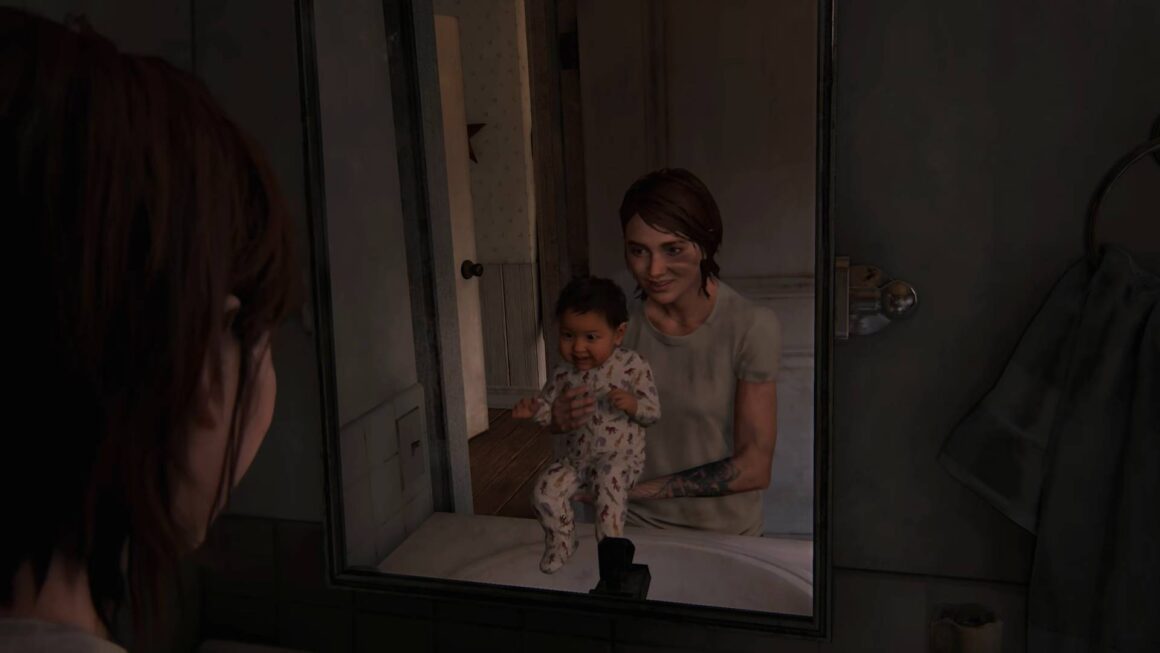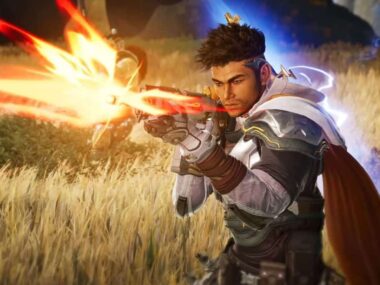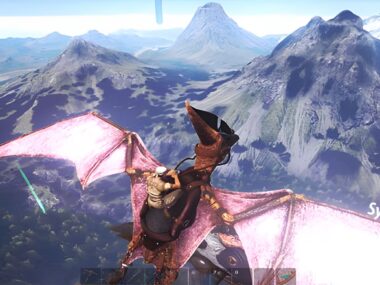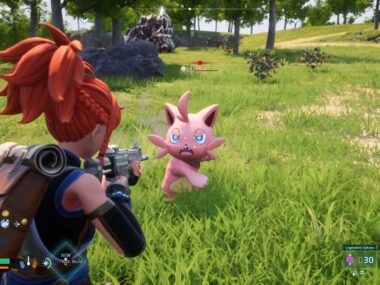⚠️This article contains major story spoilers for The Last of Us Part II.
When The Last of Us Part II begins, the world is already broken. What the game forces us to ask is far more personal: When justice becomes personal, where does it end, and what does it leave behind?
This is not a story about survival in the traditional post-apocalyptic sense. It’s about emotional survival. About what happens to a person when revenge becomes their compass and grief their identity. The game doesn’t just show us the physical toll of violence. It dissects the psychological wreckage it leaves behind.
The Weight of the Past
Set four years after Joel saves Ellie from the Fireflies, sacrificing a potential cure for her life, the game opens on the consequences of that choice. Joel’s relationship with Ellie is tense, filled with unspoken resentment and unresolved trauma. She knows the truth: that he made the decision for her. That her immunity never had a chance to matter.
Joel, grappling with guilt, confesses the full story to his brother Tommy. It’s too late. Abby, the daughter of the Firefly surgeon Joel killed, finds him first. And she doesn’t hesitate.
The Spiral Begins
Abby’s execution of Joel is swift, brutal, and deliberately personal. It’s not justice, it’s retribution. The moment Joel dies, Ellie begins her own descent. Her grief curdles into obsession. Alongside her partner Dina, she hunts Abby across Seattle, leaving a trail of bodies behind her.
The genius, and cruelty, of the game’s structure is that it forces us to sit with Ellie’s violence. Torture. Murder. Collateral damage. The audience is never allowed to look away. Ellie tells herself it’s all for Joel. As the bloodshed escalates, it becomes harder to distinguish love from vengeance, justice from compulsion.
The Other Side of the Story
Midway through the game, the perspective shifts to Abby. And this is where The Last of Us Part II becomes something rare: a game that asks you to empathize with the “villain.”
We learn that Abby’s act of revenge didn’t bring her peace, it shattered her connection to the WLF, her friends, even herself. Her alliance with Lev and Yara, outcasts from a religious cult, slowly rehumanizes her. She starts saving lives instead of taking them. Her arc mirrors Ellie’s in reverse.
By the time the two women collide again, neither is whole. Both have lost too much. Both are desperate to end a cycle they no longer control. In the game’s final confrontation, Ellie wins. It doesn’t feel like victory. It feels like surrender to emptiness. She lets Abby go, not out of mercy, because there’s nothing left to destroy.
The Final Reckoning
Ellie returns to the farmhouse she once shared with Dina. It’s empty. So is she. Her fingers, maimed in the fight with Abby, can no longer play Joel’s guitar, the last piece of him she had. She leaves it behind.
This is the true heartbreak of The Last of Us Part II: that revenge didn’t just cost Ellie her peace. It cost her her future, her relationships, her sense of self. Justice wasn’t served. Only grief was passed on.
The Bigger Picture
The Last of Us Part II asks us to look closely at the stories we usually take for granted in games. Stories where killing the villain is the natural end. Here, that moment never comes. Not really. The game rejects catharsis. It denies resolution. And in doing so, it forces us to consider whether the instinct for revenge is a flaw, not a virtue.
Violence doesn’t heal. It perpetuates. And when we pursue justice without reckoning with our own pain, we risk becoming exactly what we hate.
The Last of Us Part II is not about who was right. It’s about what it cost. In a world where cycles of violence feel endless, the game dares to ask whether breaking that cycle, however painful, is the only real act of strength.






